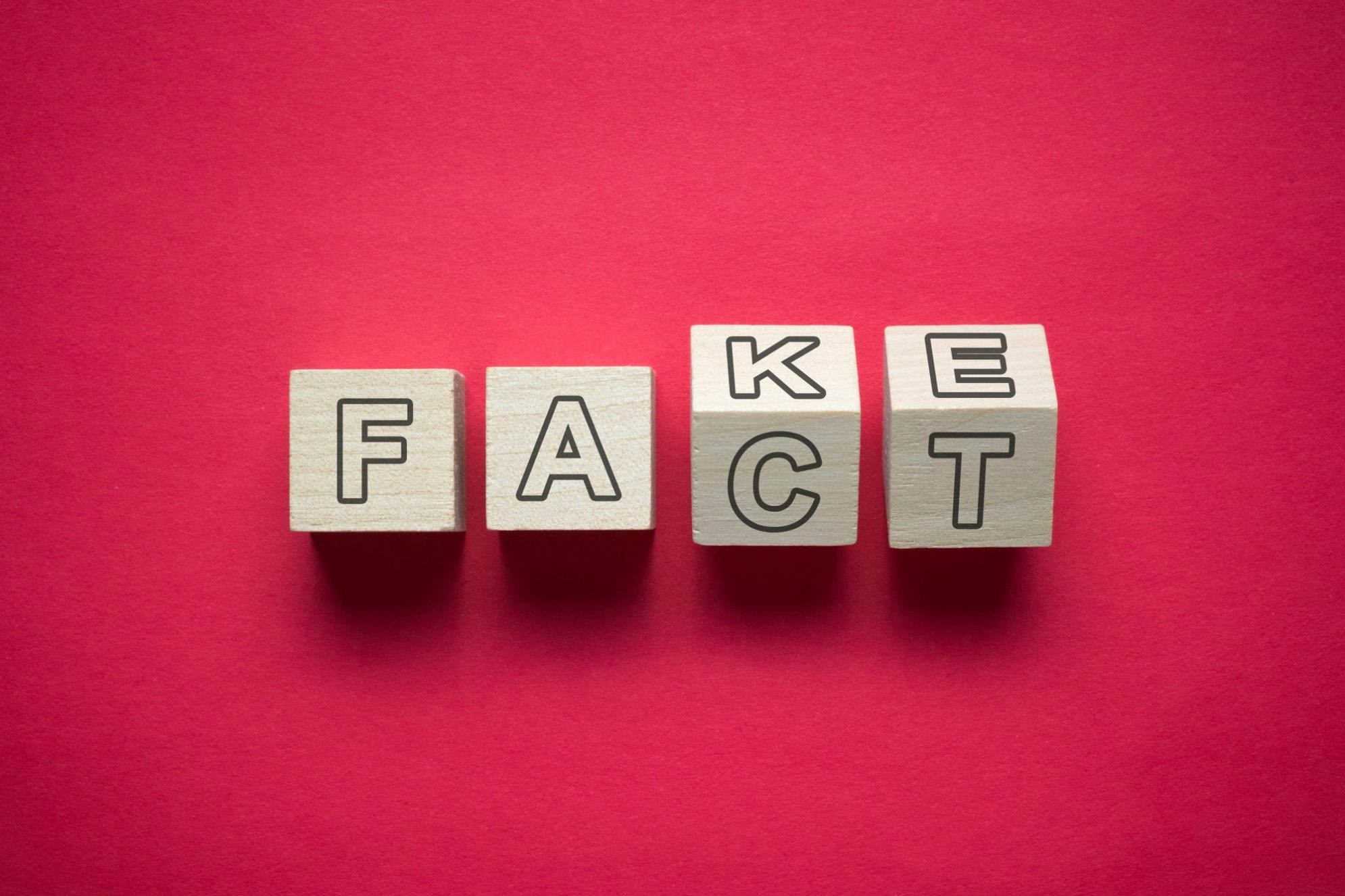
The COVID-19 crisis – who can we trust?
It’s often said that trust is like glass – once broken, it’s almost impossible to repair. That’s probably an exaggeration as we can all quote examples of people regaining trust if they work hard at it.
But there is, nevertheless, much truth in the point that trust is a precious commodity, which individuals and organisations lose at their peril.
And it’s especially precious at a time like this when lives literally depend on people trusting and following the advice they are being given to limit the spread of COVID-19 and stay safe themselves.
At an extreme end of the spectrum, conspiracy theorist David Icke argues the COVID crisis has been “contrived” by a “cult” using “bogus computer models” in order to create an Orwellian state run by billionaires. His favourite target is the World Health Organisation (WHO), which he portrays as being an instrument of chief ‘cultist’, Bill Gates.
Paradoxically, Donald Trump – himself a billionaire and inclined to give tax breaks to fellow billionaires – shares Icke’s hostility for WHO and has suspended funding for the United Nations’ public health organisation. The US president has also encouraged armed anti-lockdown protests in US states such as Michigan and Wisconsin.
These are strange times indeed, and it is understandable that people are unsure who to turn to for reliable information and advice.
The polling company, Survation, recently conducted a survey that asked people to say how much they trusted different sources of information on COVID-19 on a scale of zero (no trust at all) to 10 (completely trust).
Not surprisingly, the NHS came top with 81 per cent of respondents giving the health service a score of 7 – 10.
The Welsh Government had the fourth highest 7-10 score with 56 per cent, just ahead of the UK Government, which scored 54 per cent.
However, news media fared badly, though its average score of 39 per cent concealed a wide spread from 14 per cent for The Sun to 52 per cent for the BBC.
Survation’s poll found that there was a high level of trust in ‘the organisation I work for’ (64 per cent) but it did not ask about trade unions, which are currently reporting being inundated with membership enquiries from people who see them as trusted voice on workers’ safety.
The challenge for employers will be to maintain trust levels as they manage the possible tensions between staff safety and their primary goal of making a profit.
It is often conflicts of interest – or perceptions of them – that do most damage to trust. With so much university research sponsored by the private sector, there are bound to be suspicions that the direction it takes suits the funder’s interest. This is why peer review is so important.
Another all-too-frequent way trust can be damaged is when people in positions of great responsibility do not maintain the standards of behaviour they should.
The scandals over MPs expenses has undoubtedly undermined trust in Westminster politicians. And only three months into the COVID-19 crisis, it is extraordinary that we have seen two top public health officials having to resign for failing to follow guidelines they helped shape – Scotland’s chief medical officer, Catherine Calderwood, and UK government adviser, Professor Neil Ferguson.
So, who can people turn to for reliable information? Sadly, there is no simple answer. But there are some things we can do to protect ourselves against biased, misleading, highly-selective or even completely fake news.
Firstly, we can ask ourselves the simple question: does this organisation or person have an axe to grind? If they are likely to be motivated by a vested interest, it doesn’t mean the information is wrong, but we should not take it at face value.
Secondly, we should never rely on one source. It is easy, these days, to search for information on the Internet and check several outlets to verify information. But, in doing this, be wary of news media regurgitating political briefings. Last week, for example, most media reported, in covering the extension of the furlough scheme to October, that the government was going to pay up to 80% of pay when this isn’t the case – employers will have to contribute.
Thirdly, have faith in your own common sense and human values. If something sounds too good to be true, it probably is. If something sounds bizarre, be more rigorous in checking it out. If a claim is fomenting hatred against a particular group, seek out information from those being portrayed negatively.
It is sad that so many of our institutions have lost trust, but we can compensate by making ourselves better informed and by turning to friends and family to get advice on sources they use.
In this age of information abundance, there are opportunities as well as threats. Trust, you might say, begins at home – in trusting ourselves.
This article was written by our Chief Executive, Angharad Neagle, and appeared in the Western Mail newspaper on 22 May 2020.
